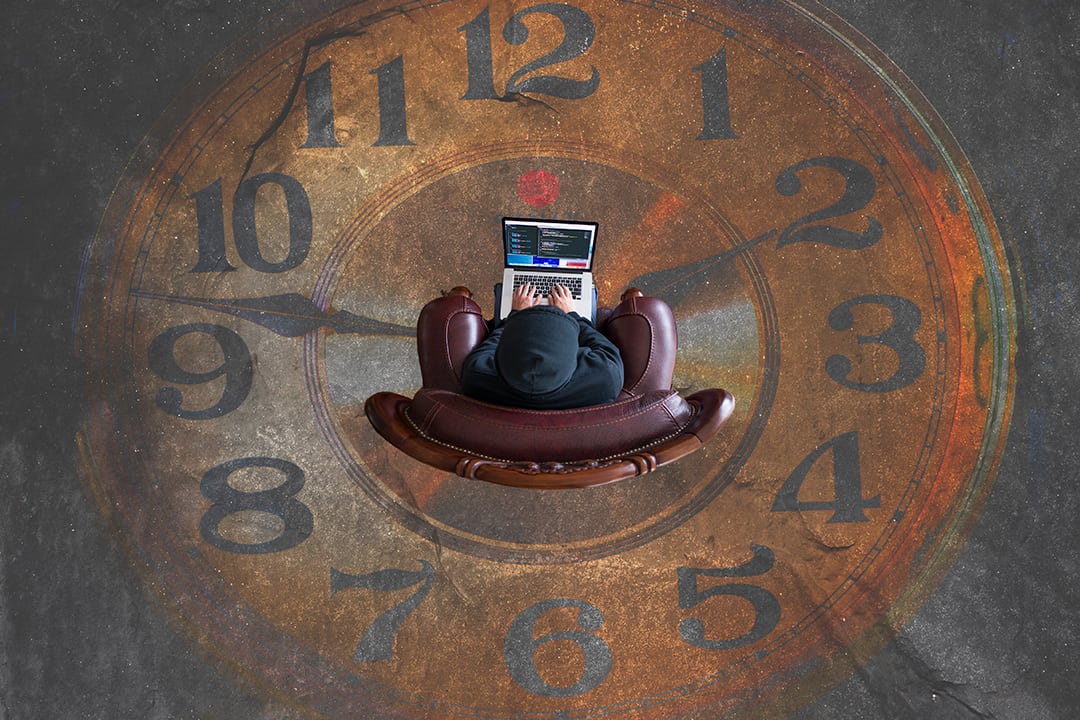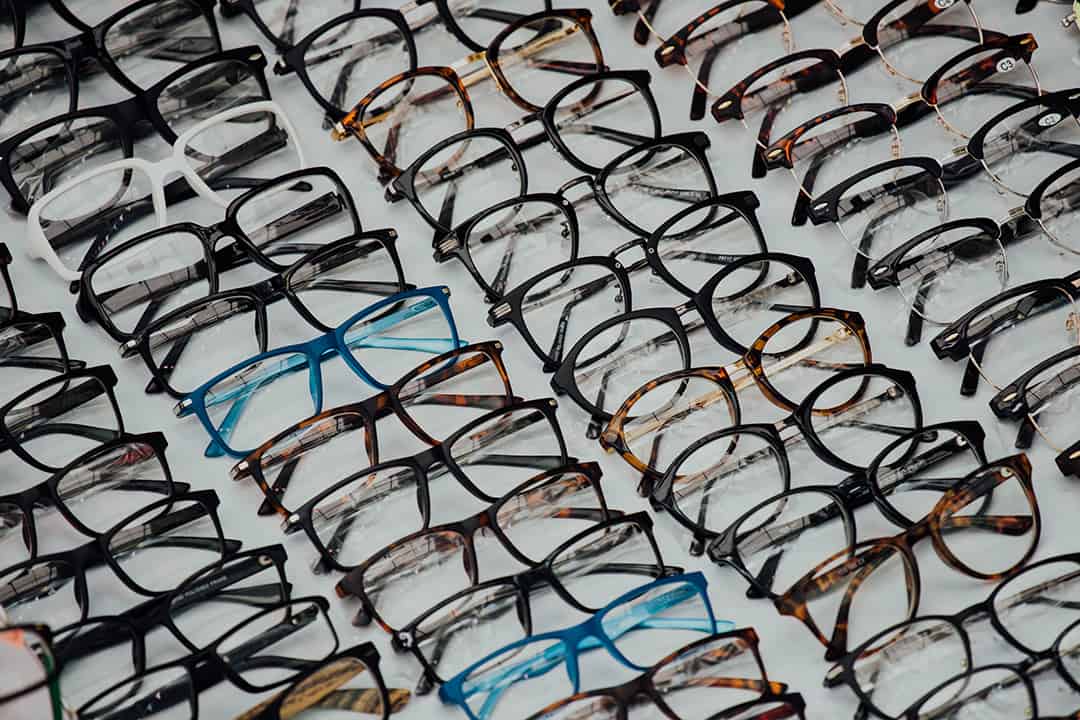This is our take on the Top 6 Myths of Learning Difficulties
This month our theme is deformities, difficulties and disabilities. From our research and experience, we discovered quite a few misconceptions on learning difficulties that are being fostered in our communities.
Therefore, this is our take on the Top 6 Myths of Learning Difficulties:
1. “They DO NOT EXIST!”

The most common belief about learning difficulties is that they simply do not exist. Not only is this a false belief, but it is deeply stigmatising and discriminatory to those who are neuro-diverse and have been diagnosed with a learning difficulty, like dyslexia or attention deficit disorder (ADD). Multiple research papers have been published for over 30 years proving the existence of learning difficulties, with the only real debate as to the proper inclusive definition of certain specific difficulties – for example this one published in 2016 on dyslexia and this one in 2017 on ADHD.
The truth is that learning difficulties DO EXIST, and the sooner we accept that the better equipped we can become at helping our children, students and young people feeling welcome in our communities and overcome the barriers to getting an education that is inclusive and sensitive to their needs.
- “They just need to try harder to learn”

Working hard is a good lesson for everyone, but specifically asking someone with a learning difficulty to put in the extra effort will not make the problem go away. Sometimes the added pressure can do more harm than good and make that individual feel insecure and overly self-conscious.
Additionally, it’s easy to assume that the difficulty just occurs during school-hours whereas many young children and adolescents also have trouble outside of school; particularly when it comes to socialising, reading body language, staying organised, reading maps or managing money. Now remember, this may not be the case for everyone with a learning difficulty because some excel at these tasks over learning math and science – it wholly depends on the person, their upbringing and genetic makeup.
Educational systems have only recently begun to realise that developing hard-working skills is not enough for some students – they need a novel approach to teaching which needn’t be so hard to accomplish. For example, dyslexic students are often visual and auditory learners, and prefer to just listen to an audiobook or lecture recording, or watch an experiment over reading a textbook.
- “It goes away with time”

If you think time can take away a learning difficulty, I’m afraid you will be waiting a long time. Nobody can outgrow a learning difficulty or make it disappear altogether. Instead, try to focus on getting a formal diagnosis, read and research more about the specific difficulty and create a positive and helpful environment – as these will be of more benefit in the long-run to both the physical and mental wellbeing of the individual.
Learning difficulties are lifelong. However, they can be successfully managed and developed to be a positive rather than a negative. This depends on the individual, their support network (i.e. family and friends) and education system.
- “Wearing glasses can help fix learning difficulties”

People with learning difficulties often exhibit trouble reading. These are often explained away with having physical eye problems and are solved by getting glasses or contact prescriptions.
This is NOT to say that they cannot read at all – they can read, but just at a different level. People with learning difficulties use different parts of their brain when they read or work with language, and this is why they try extra hard to be at par with their peers in these areas. This does not make them lazy or illiterate – on the contrary, it just makes their brains work in a different way.
Well, if you have a learning difficulty, then – no matter how many glasses you wear – it’s not going to fix any problems you may have with reading or writing. Luckily, today we have laptops and smart-phones to help us type up our assignments and communicate easily using a standard font. Most devices also have a dictation setting if typing is a little troublesome.
It’s completely understandable to want to fix or solve a problem, especially if it is happening with our children or close loved ones. However, we have to realise that certain issues don’t need fixing. They need understanding, managing and a little bit of adjustment on our part.
- “People with learning difficulties can never be successful”

Honestly, this depends on your definition of success. Learning difficulties have little to no impact on a person’s character or level of motivation. In fact, it is mostly how these individuals are treated in public or community settings, and even sometimes within their own homes, that makes them lack motivation, feel worthless or exhibit signs of laziness.
If anything, it is the way they are made to feel different that can foster mental illnesses and self-esteem issues. This is one of the reasons that people with learning difficulties usually present with more than diagnosis, with the other often being a mental illness or disorder.
Having said that, there are many individuals who are very successful in their area of interest and expertise whilst having a learning difficulty! This is because they are not unintelligent but rather see things and understand them in a different way – often in ways we can never even begin to – and this is what takes them far.
- “Medication can solve symptoms of learning difficulties”

This is simply not true because it’s not a medical diagnosis. A trained GP or physician cannot make the diagnosis for a learning difficulty because it falls out of their area of expertise. For this reason it also has no medication that can heal it and is also typically not covered by medical insurance – since it is not a medical problem.
It can, however, be diagnosed by a psychologist or specialist teacher who is well-equipped to administer special reading, writing, oral and spelling assessments as well as cognitive ability and memory skills. Diagnosing a learning difficulty early on can help to provide systematic intervention and minimise it’s challenging symptoms.
Check out dyslexics.org.uk and adhdfoundation.org.uk for more information about specific learning difficulties and how to help children with a formal diagnosis.
Well, that’s it for our myth list – is there any myth or misconception that you feel we left out?




